Justin C. Leto’s weekly appearance on America Now with Andy Dean
Click here to listen to Justin C. Leto on America Now with Andy Dean
Written by Justin C. Leto
Each week, I appear on syndicated radio talk show America Now with Andy Dean. Andy and I discuss and debate a wide array of legal and political topics.
This week, our focus was on the landmark Supreme Court decision regarding the collection of DNA from anyone that is arrested for any type of crime, whether it be misdemeanor, felony, petty or violent. The case centered around a Maryland law that allows police to take a DNA swab from the cheek of anyone that is arrested for a “serious” crime. “Serious” is typically defined as a violent felony.
The United States Supreme Court was asked to decide whether this Maryland law was a violation of the 4th Amendment protection against unlawful search and seizure since the DNA swabbing is performed when someone is arrested rather than upon conviction. In an unusual divide, the Supreme Court voted 5-4 in favor of the law being constitutional. It was an unusual decision because typically the conservative justice (Scalia, Roberts, Alito and Thomas) align together while the more liberal justices (Kagan, Sotomayor, Ginsberg, and Breyer) vote together. Justice Kennedy is usually the “swing vote.” In this case, Justice Kennedy remained in his role as swing vote but he was joined by Roberts, Alito, Thomas and Breyer. On the dissenting side was Sotomayor, Ginsberg, Breyer and Scalia.
Justice Scalia argued, in his dissenting opinion, that the use of DNA swabs on all citizens that are arrested is an expansion of the police power that was not envisioned by the framers of the United States Constitution. I agreed with Justice Scalia in my debate with Andy Dean, arguing that allowing such an intrusion into the lives of our citizens is no different than tying someone down on a gurney and forcing them to give you a blood sample. By allowing this invasive police practice when someone is simply arrested will allow the police and the government as whole to utilize an arrest, even an improper and unlawful arrest, as an excuse to gather DNA evidence. This is a dangerous and unnerving expansion of the power of our law enforcement.
Justice Kennedy, writing for the majority, likened the DNA swab to that of fingerprinting an arrested individual. He and the rest of the majority determined that DNA is the modern day fingerprint and there is nothing so intrusive about taking DNA that allows the protection of the 4th Amendment to override the need to gather information about an arrestee. Andy agreed with Justice Kennedy and the rest of the majority, citing the age old fallacy that those that have not done anything wrong should have nothing to be concerned about. This argument misses the entire point. Just as we do not want the police entering our home without a warrant (whether we have done something wrong or not), we likewise do not and should not want police entering our bodies to gather evidence without a warrant.
With this decision by the Supreme Court, we have entered a new dawn in the power of police. Maryland wanted to sample DNA from people arrested for “serious crimes.” However, the decision by the Supreme Court does not limit the practice to serious crimes. Instead, as it is written, we can expect the states to now take DNA samples from every single person they arrest, whether it be for a criminal traffic infraction or a violent crime.
The Leto Law Firm specializes in civil litigation, representing victims of medical malpractice, catastrophic injury, traumatic brain injury, and auto relates injuries. We also specialize in appellate work in the state and federal courts as well as commercial litigation.



Leave a Reply
Want to join the discussion?Feel free to contribute!